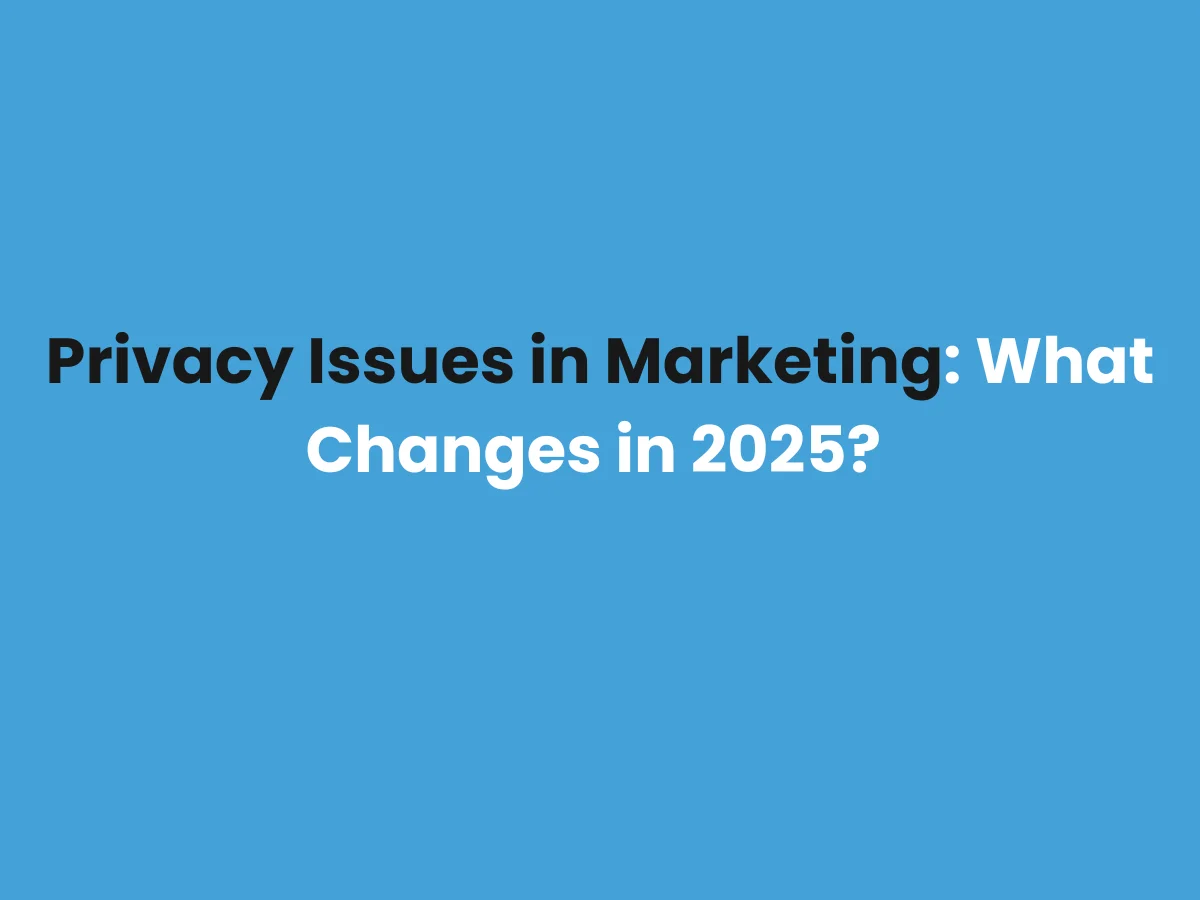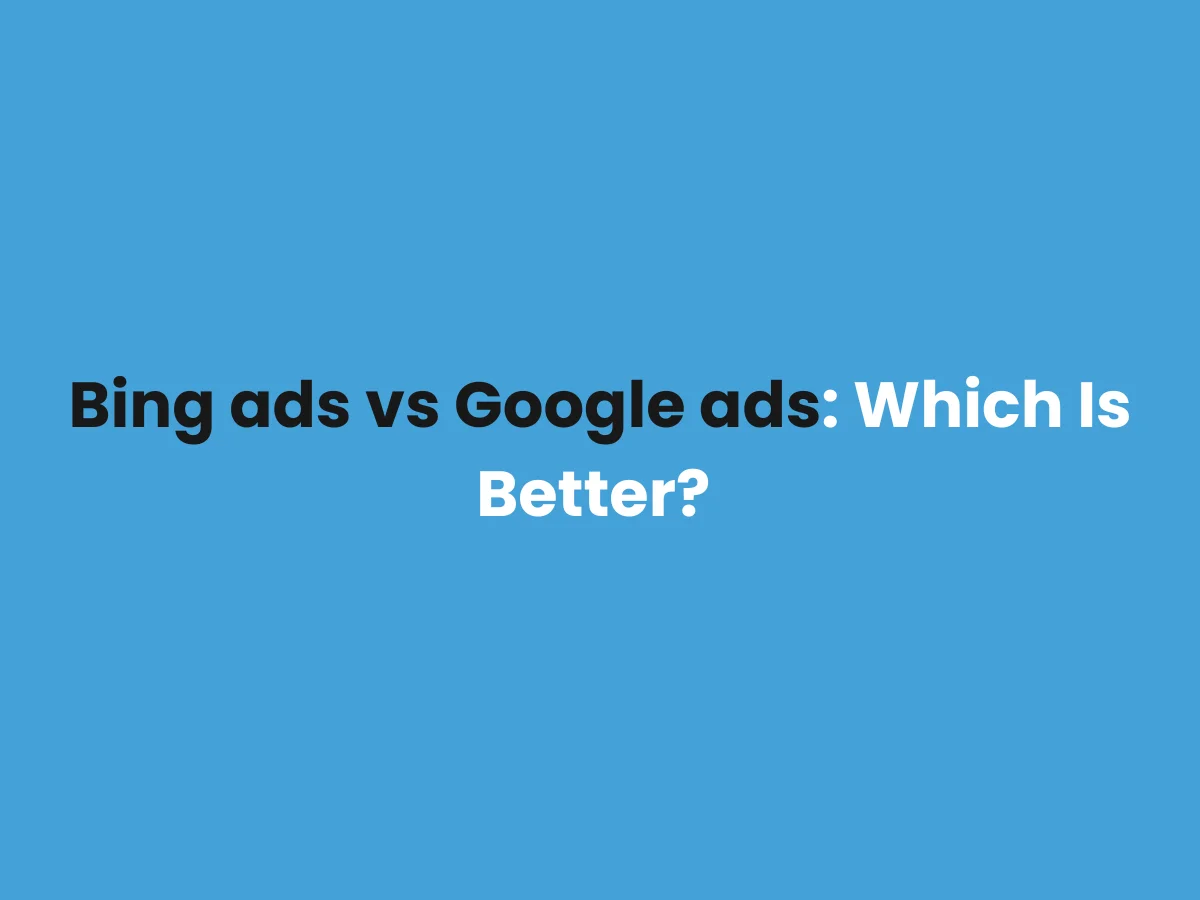In 2025, privacy issues in marketing are expected to grow even more important. As new regulatory frameworks come into existence, and the individuals purchasing products put pressure on organizations to protect their details, the management of personal data has to undergo a shift. This article will describe what is going to change in 2025 and how marketers can adapt to these changes in order to remain in the legal regime and maintain customers’ trust.
Why Data Privacy Matters More Than Ever
Over the years and as technology develops, organizations start to amass more information about their consumers. In the realm of marketing, everything ranging from email address data to buy patterns facilitates better, targeted campaigns. However to develop the smartphone, it also opens up some issues such as privacy. Everyone wants to understand how his or her information is processed, and everybody expects it to be safeguarded. These privacy concerns will be even more important by 2025 hence so marketers need to be able to keep customers’ data safe but at the same time use it to achieve effective marketing.
Privacy Laws Will Keep Changing
A major shift in 2025 appearing in the future of marketing will be privacy regulation. EU’s GDPR and California’s CCPA examples are already altering how companies can utilize customer data. These rules are expected to become even harder in 2025. Marketers will have to be even more cautious about seeking consumers’ consent before they could gather information from them. This will also bring out higher transparency in how they manage and process their customer information.
They also state that global rules are also increasing their percentage in the total traffic. Other countries are likewise enacting their own data protection laws in imitation of what the EU and California have done. This is the fact that the marketer interacting with the customers who are from different parts of the world are bound by so many privacy laws the endeavor making it even more complex to honor.
Consumers Want More Control
In 2025, consumers will expect more control over their data. Many people already avoid brands they don’t trust with their information. Studies show that 82% of people stop shopping with a brand that doesn’t protect their data. This trend will only grow as privacy concerns continue to rise.
Consumers also want transparency. They want to know exactly what data is being collected and how it will be used. Brands that are clear and honest about their data practices will be more trusted. In the future, businesses that fail to explain how they use data may find themselves losing customers.
The End of Third-Party Cookies
Third-party cookies, which are those ubiquitous pieces that follow users from site to site, will disappear by 2025. This will shift the way that marketers are able to engage their audience. Losing the third-party cookies means businesses will depend on first-party information. This is the kind of information that is collected from the customers, for instance when persons subscribe for newsletters or when they complete questionnaires.
First-party data is much better because it is accurate and safer. It also assists businesses the legal resident that it is collected directly from users, and legal resident compliance is a fundamental requirement in many countries. Due to the changes, it will be important for marketers to embrace this more valid and lawful method of data collection.
Clear Consent Is Essential
With privacy laws getting stricter, marketers must make sure they have clear consent from customers before collecting data. Consent management platforms (CMPs) will help businesses get this permission and keep track of who has opted in to share their data. These platforms also help marketers comply with laws like the GDPR and CCPA, which require clear opt-ins for data collection.
In the year 2025, this call will be a key expectation, to business, organizations will have to adopt systems that enable or disable use of tracking options by customers. In turn, marketers will also need to be specific as to what they intend to do with the data collected, why they require the information and where the information collected will be stored.
Privacy by Design: A Must-Have Strategy
As privacy issues in marketing become more critical, businesses will need to embrace “privacy by design.” This means that they do not just wake up one day and decide to respect privacy. Privacy is an essential part of that business. From marketing communications every business’s marketing campaign, website design and every other data collection approach. They intend to take will require a bind scrutiny of their impacts on consumer’s privacy.
For instance, should a business get data from its clients through a survey or sign-up form, then they will have to reduce the number of data fields into which they’re to input data. Don’t information explosion. Besides, customer privacy will be maintained, and the company will have limited chances of experiencing a data breach.
Ethical Marketing Will Drive Consumer Trust
Ethical marketing is going to be on the top in 2025. Currently, marketers need to ensure that they are not infringing on users’ privacy. This means:
- Always asking for permission before collecting data
- Making sure the data is accurate
- Using the data responsibly and only for the purposes stated
Brands that will follow ethical practices will have more trust from their customers. Also, there is evidence that when consumers find that a brand which they have previously done business, is discreet about their data, they will return to do business again.
Key Changes for Marketers to Watch
Here are some of the key changes marketers will need to pay attention to in 2025:
- More Stricter Privacy Laws: New regulations and changes in existing laws will make it harder to manage customer data.
- The End of Third-Party Cookies: With the third-party cookie going away, this will cause businesses to only focus on first-party data.
- Clear Consent Practices: Marketers should therefore be very keen to ascertain that they only collect data that they have permission to do so from the users.
- Transparency: Transparency on the part of retailers about data gathering and utilization will be similarly pressingly vital on the way to the development of consumer confidence.
- Data Minimization: Thus, one of the strategies will only collect the data that is required in the evaluation process as much as possible.
Conclusion:
As we move into 2025, data privacy will play an even bigger role in marketing.To overcome the current challenges, marketers should change their strategies in view of new privacy laws, depend on first-party data, and serve customers without deception. Privacy will not just be the case of observing the law but being in business with customers for many years knowing their data is safe with the organization. Those who prioritize privacy issues in marketing will not only stay compliant but will also enjoy stronger customer loyalty and trust in the years to come.











